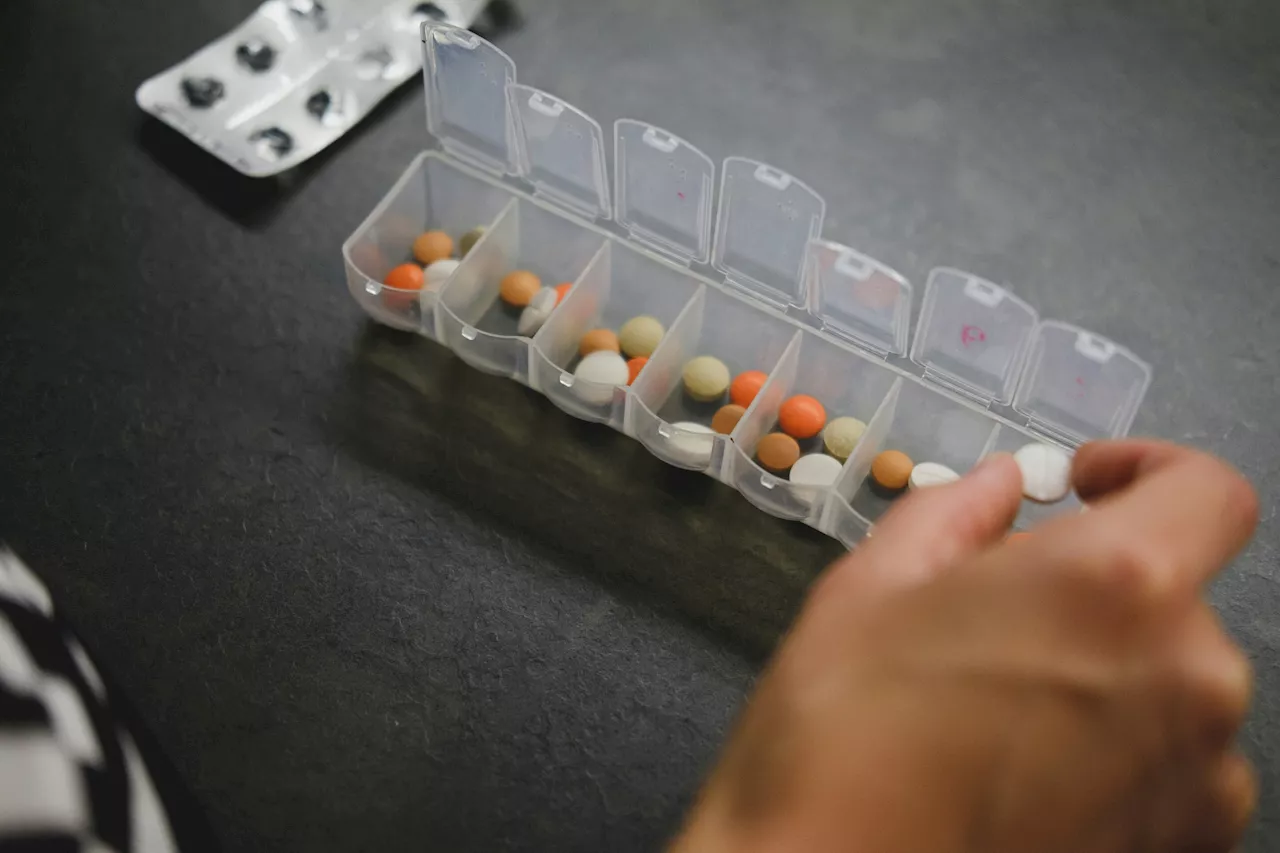Study reveals a mechanism behind multisystem inflammatory syndrome in children (MIS-C).
University of California - San FranciscoAug 7 2024 Study reveals a mechanism behind multisystem inflammatory syndrome in children .
The researchers found that the children's immune systems had latched onto a part of the coronavirus that closely resembles a protein found in the heart, lungs, kidneys, brain, skin, eyes and GI tract, and launched a catastrophic attack on their own tissues. COVID's unexpected consequence in kids As the novel coronavirus spread among millions of people, MIS-C cases mounted, affecting about 1 in 2,000 children under 18 with COVID.
Co-senior author Mark Anderson, MD, PhD, who directs the Diabetes Center at UCSF, suggested Bodansky try a tool that he and Joe DeRisi, PhD, president of Chan Zuckerberg Biohub San Francisco, were using, called Phage Immunoprecipitation Sequencing , to see if it could uncover the cause of MIS-C. PhIP-Seq revealed that one third of the MIS-C cases had autoantibodies for an obscure human protein, called SNX8, which is present in certain immune cells that reside throughout the body. For some reason, the immune system was making antibodies targeting itself.
The T-cell caper The match between the autoantibodies, SNX8 and the N protein was a clear sign of an autoimmune overreaction.
Autoantibodies Autoimmune Disease Blood Brain Cell Children Coronavirus Covid-19 Critical Care Diabetes Heart Hospital Immune System Lungs Multiple Sclerosis Pandemic Pediatrics Protein Research SARS SARS-Cov-2 Sclerosis Skin Syndrome Type 1 Diabetes Virus
United Kingdom Latest News, United Kingdom Headlines
Similar News:You can also read news stories similar to this one that we have collected from other news sources.
 UVA professor wins NIH Maximizing Investigator's Research Award for breakthrough biomedicine researchUniversity of Virginia assistant engineering professor Liheng Cai has earned the Maximizing Investigator's Research Award from the National Institutes of Health.
UVA professor wins NIH Maximizing Investigator's Research Award for breakthrough biomedicine researchUniversity of Virginia assistant engineering professor Liheng Cai has earned the Maximizing Investigator's Research Award from the National Institutes of Health.
Read more »
 Study suggests lifetime selection biases skew positive health claims in alcohol researchResearchers identified and tested study characteristics that may bias estimates of all-cause mortality risk associated with low-volume alcohol consumption using theory and evidence.
Study suggests lifetime selection biases skew positive health claims in alcohol researchResearchers identified and tested study characteristics that may bias estimates of all-cause mortality risk associated with low-volume alcohol consumption using theory and evidence.
Read more »
 Research team releases code for automating incidence and prevalence analysis in open cohortsA team from the University of Birmingham has reported a significant step forward in public health research, in a study of ectopic pregnancy published in BMC Medical Research Methodology.
Research team releases code for automating incidence and prevalence analysis in open cohortsA team from the University of Birmingham has reported a significant step forward in public health research, in a study of ectopic pregnancy published in BMC Medical Research Methodology.
Read more »
 Collaborative autism study analyzes movement through computer vision technologyA collaborative research study, led by IU Columbus Associate Professor of Psychology Mark Jaime, is getting attention in the neuroscience field for its innovative study of physical movement and autistic traits.
Collaborative autism study analyzes movement through computer vision technologyA collaborative research study, led by IU Columbus Associate Professor of Psychology Mark Jaime, is getting attention in the neuroscience field for its innovative study of physical movement and autistic traits.
Read more »
 Study reveals underuse of a key drug in patients with treatment-resistant schizophreniaThe Psychiatry and Mental Health research group at the Germans Trias i Pujol Research Institute (IGTP), together with the ETEP (Study and Treatment of Psychotic Episodes) group at Hospital del Mar, has published a study in the Spanish Journal of Psychiatry and Mental Health that analyzes the use of clozapine in patients with treatment-resistant...
Study reveals underuse of a key drug in patients with treatment-resistant schizophreniaThe Psychiatry and Mental Health research group at the Germans Trias i Pujol Research Institute (IGTP), together with the ETEP (Study and Treatment of Psychotic Episodes) group at Hospital del Mar, has published a study in the Spanish Journal of Psychiatry and Mental Health that analyzes the use of clozapine in patients with treatment-resistant...
Read more »
 Clozapine improves outcomes in treatment-resistant schizophreniaThe Psychiatry and Mental Health research group at the Germans Trias i Pujol Research Institute (IGTP), together with the ETEP (Study and Treatment of Psychotic Episodes) group at Hospital del Mar, has published a study in the Spanish Journal of Psychiatry and Mental Health that analyzes the use of clozapine in patients with treatment-resistant...
Clozapine improves outcomes in treatment-resistant schizophreniaThe Psychiatry and Mental Health research group at the Germans Trias i Pujol Research Institute (IGTP), together with the ETEP (Study and Treatment of Psychotic Episodes) group at Hospital del Mar, has published a study in the Spanish Journal of Psychiatry and Mental Health that analyzes the use of clozapine in patients with treatment-resistant...
Read more »
